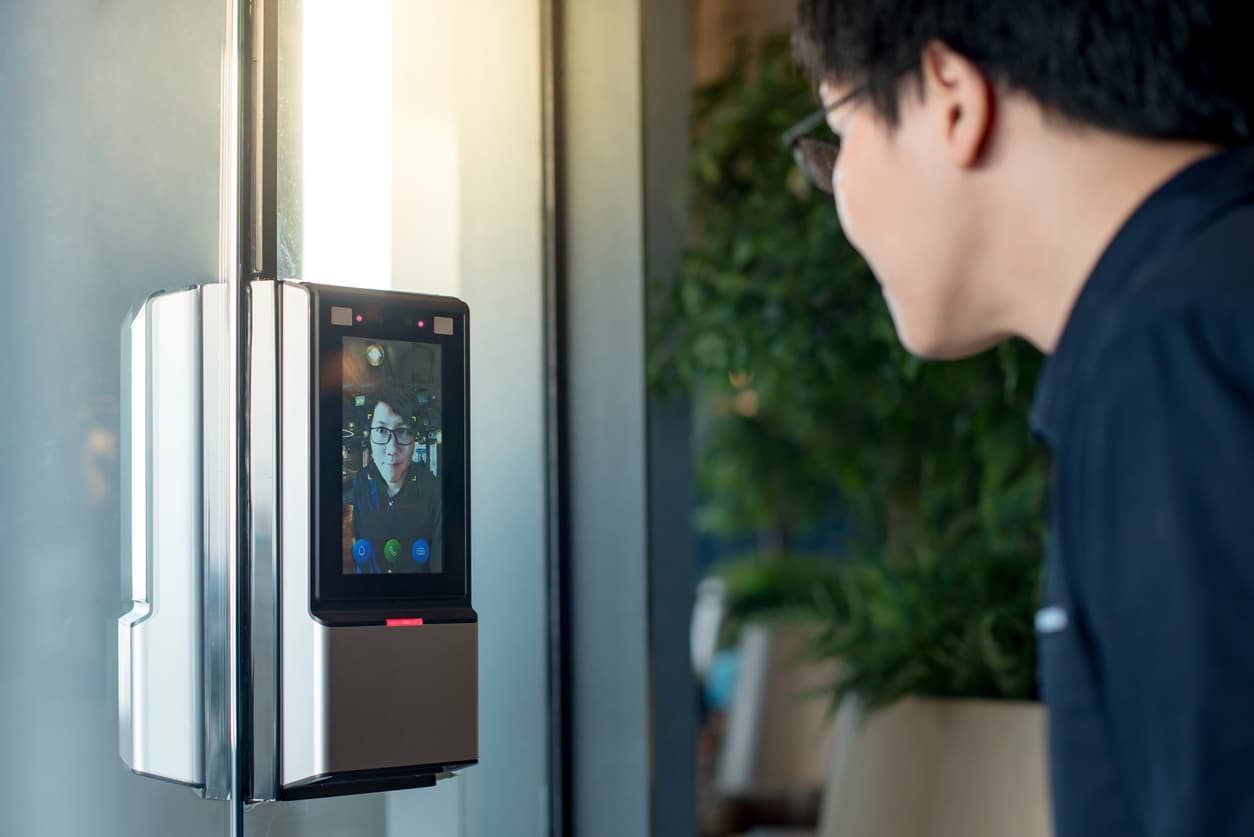There are many security concerns in the hotel industry. It’s vital to be prepared.
Key Takeaways These are major security challenges hotels face:- Phishing attacks
- Payment card attacks
- DarkHotel hackings
- Compliance risks
- Insider threats
- Complex ownership structures
- Security risks can be prevented by:
-
- Vetting the vendors
- Training staff
- Increasing security measures
Phishing Attacks
Phishing is sending malicious emails designed to appear to come from a genuine source. This kind of attack is used by criminals to persuade the recipient to divulge personal information. The hackers could ask for passwords and financial information from unsuspecting strangers. Phishing attacks have increased in the last few years, with most attacks targeting those in authority. The attackers assail these individuals to take over the user's email account and send emails to colleagues. They send such emails to persuade recipients to authorize transactions. Since the sent emails appear to be coming from a verifiable source, an individual unwittingly authorize a transaction.Payment-Card Attacks
Payment-card attacks, also known as point-of-sale attacks, pose a significant threat to the hotel industry. Instead of attacking a hotel establishment, point-of-scale attacks represent a third-party crime. They attack the vendor, for example Visa or MasterCard. The attackers identify a weakness in the system revealed by human error and take advantage of it. Cybersecurity issues frequently result in customers losing money and media involvement. When media is involved, the result is negative press for the hotel. Additionally, there may be financial repercussions for the business.DarkHotel Hacking
DarkHotel hacking is relatively new, but this method has been used to attack several hotels. The attackers use hotel Wi-Fi to target hotel guests. These attackers use fake digital certificates and convince hotel guests to download them. The attackers upload twisted codes to the hotel server and target specific guests. The first case of DarkHotel hacking happened in 2007, and it came from peer-to-peer networks. Hotels can prevent DarkHotel hacking by encouraging guests to use VPNs if they plan to work with sensitive data.Insider Threats
Insider threats involve employees selling company data to other parties without the company's knowledge. The threat often affects data on client behaviors and preferences, which hospitality organizations can acquire at various touchpoints, including online interactions, booking-system data collection, and data review. This information might be valuable if it falls into the hands of people who can utilize it to achieve a competitive edge. If a client identifies that data used to get him out of competition came from a specific hotel, they could sue the hotel, and the hotel could suffer huge fines and negative press.Compliance Risk
Guest data security threats go beyond the potential reputational damage a hotel would suffer during a data breach. Governmental and industry regulations have becoming harsher in addressing how firms handle and protect personal data. One global regulation strictly addresses how the hotel industry uses and protects data is PCI DSS. If a firm does not comply, it can incur a fine of up to $500,000 for every incidence of non-compliance. Data security may be at stake, and so is the long-term viability of hospitality businesses, many of which could be crippled by non-compliance fines.Complex Ownership Structures
Restaurants and hotels have complex ownership structures. Each team may utilize a different computer system for storing information, and information may regularly flow between their systems. An excellent example of how hackers can take advantage of these ownership setups is the breaches that happened at Wyndham between 2008 and 2010. The hackers got access through the systems and attacked the corporate network. By the time the attack was stopped, information from more than 619,000 customers were compromised.Best Cybersecurity Practices for the Hotel Industry
Cyber awareness is critical with the increased hacking cases in the hotel industry. Here are a few measures a hotel could take to improve digital security.Train the Staff
Training the staff members dealing with computer databases about the importance of data security and how to do it could help improve the company's digital security level. It is vital that this training is done regularly and consistently. The hotel could recruit highly experienced system-security officers and IT specialists to work for the hotel. It would help give employees identify phishing scams. A hotel's IT team could help improve security by auditing suspicious behaviors and tracking user logs and property-management systems.Increase the Security Measures
There are numerous ways hotels can increase security measures. Common methods include:- Installing access control on hotel doors and other places in the rooms that have hotel-network equipment.
- Using the latest antivirus software and security systems in all hotel computers
- Investing in highly-effective anti-malware software
- Using encrypted point-of-sale systems
- Encouraging guests to use VPNs when using the hotel Wi-Fi
- Ensure hotel staff does not share business information with third parties
- Meeting all compliance requirements to avoid fines
